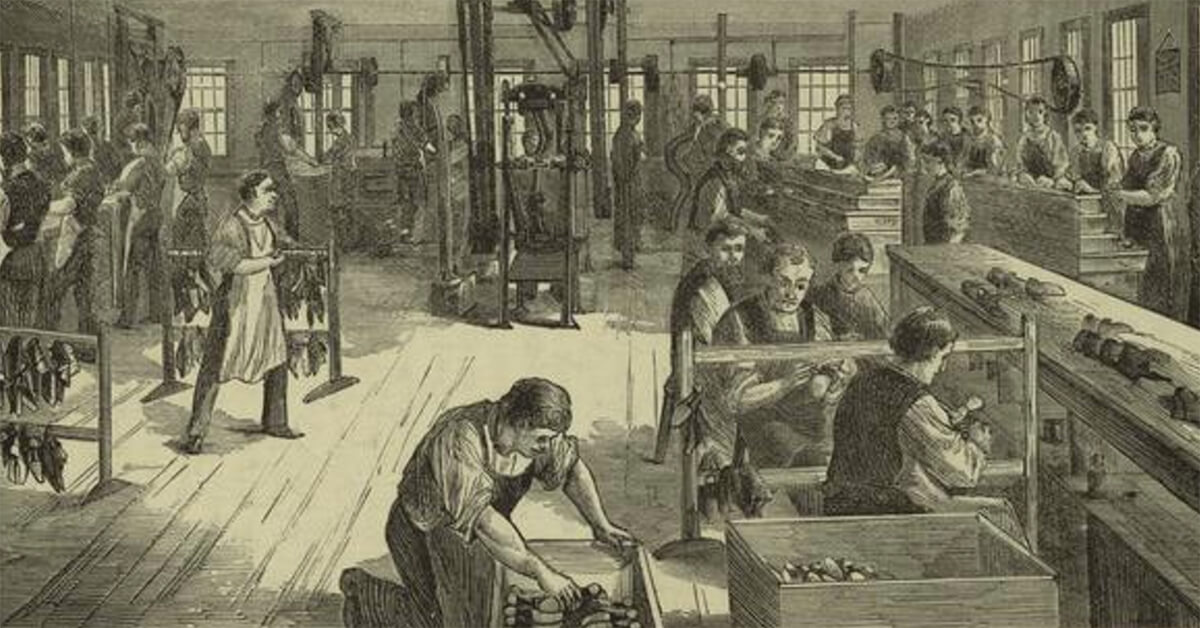Hard to believe that 175 years ago in America, the right of workers to come together, form a union and have a voice on the job, didn’t fully exist. Workers did form unions but could be prosecuted because the legality of labor unions was in question.
It wasn’t until March 1842 that the Massachusetts Supreme Court made it official, in Commonwealth v. Hunt: Workers can organize a union and push for recognition through a strike.
 Chief Justice Lemuel Shaw
Chief Justice Lemuel ShawIt may seem self-evident today, but the opinion’s author, Chief Justice Lemuel Shaw, wrote that only combinations of workers intended “to accomplish some criminal or unlawful purpose, or to accomplish some purpose, not in itself criminal or unlawful, by criminal or unlawful means” could be prosecuted. Combining forces in itself was not criminal.
“Shaw, in effect, legalized the American labor union movement by this decision,” says this Encyclopedia Britannica article.
The anniversary of this historic ruling is a reminder of how far American workers have come in being able to exercise their rights and speak with a single voice through their unions. Today, unionized workers not only have the right to negotiate together but they earn significantly higher wages and have better working conditions than their non-unionized counterparts. And yet it would be a mistake to take the right to unionize for granted.
Anti-worker special interests have gained ground in recent years, and they present a serious threat to workers’ ability to form strong unions. In the same way that Shaw’s 1842 ruling freed unionized workers from prosecution, a U.S. Supreme Court decision in the opposite direction could make it difficult, if not impossible, for labor unions to survive.
Our country needs a strong judicial branch that will stand up for working families and for workers’ ability to form strong unions. That is why AFSCME opposes the confirmation of Neil Gorsuch for the U.S. Supreme Court.
